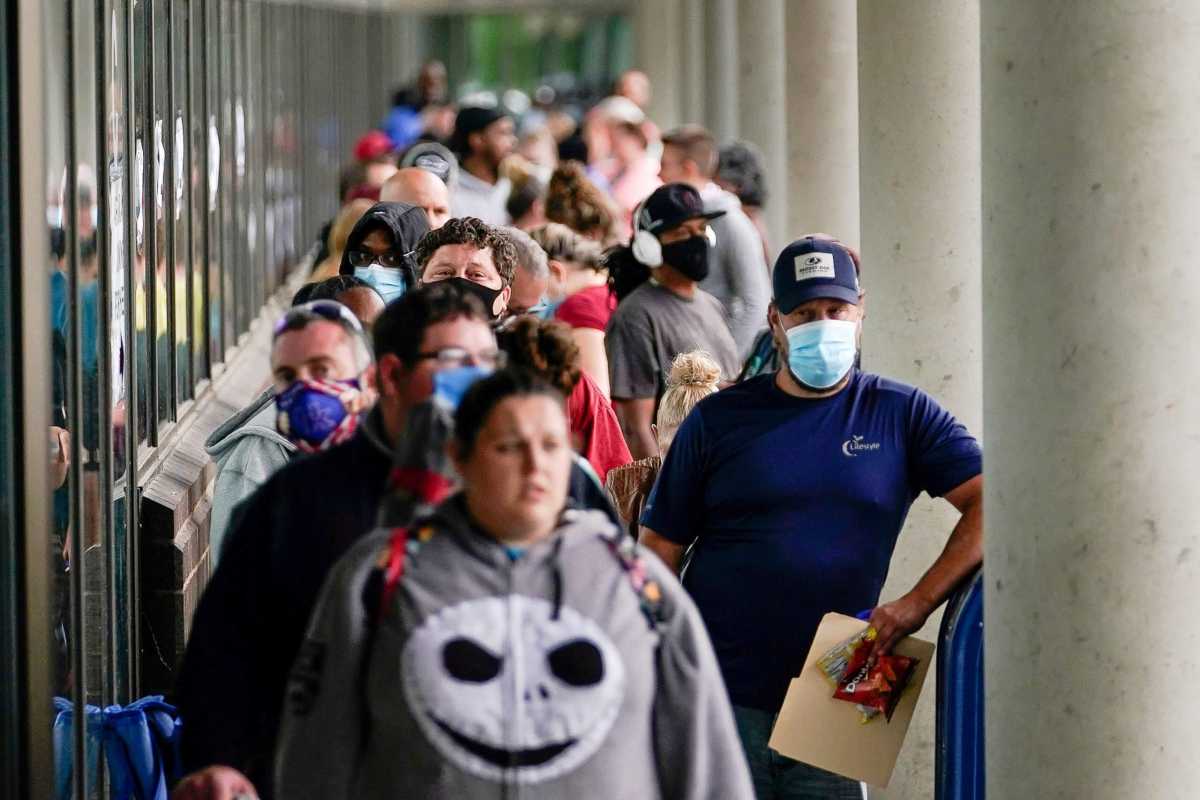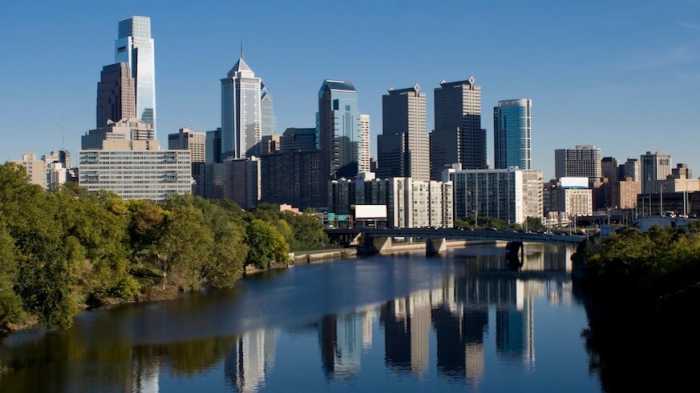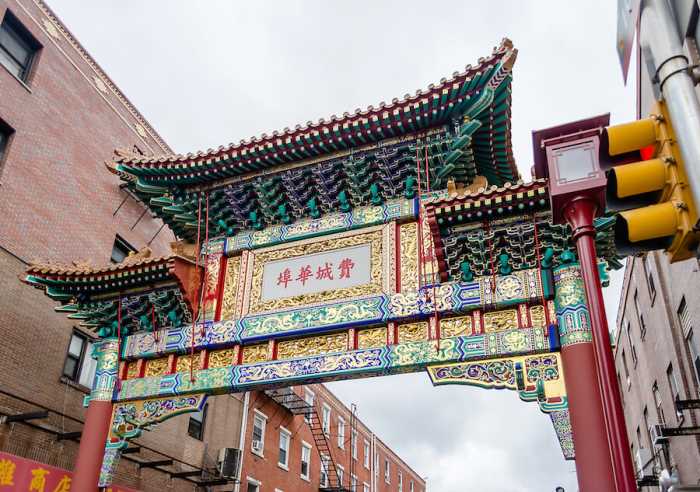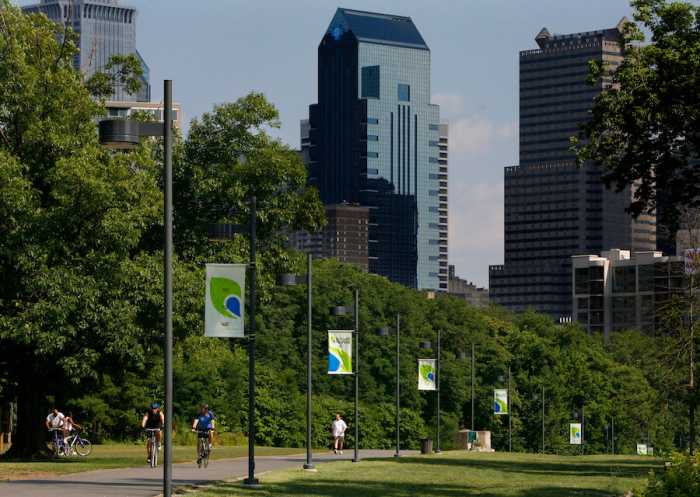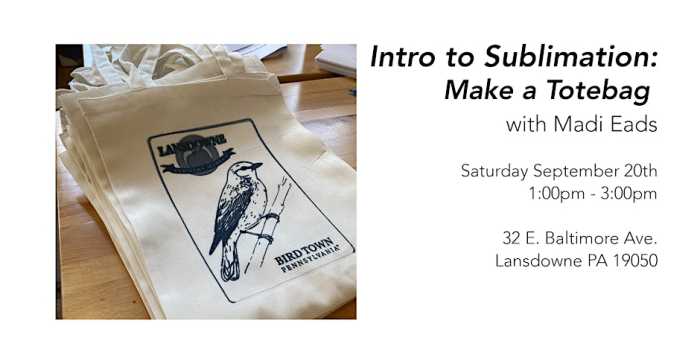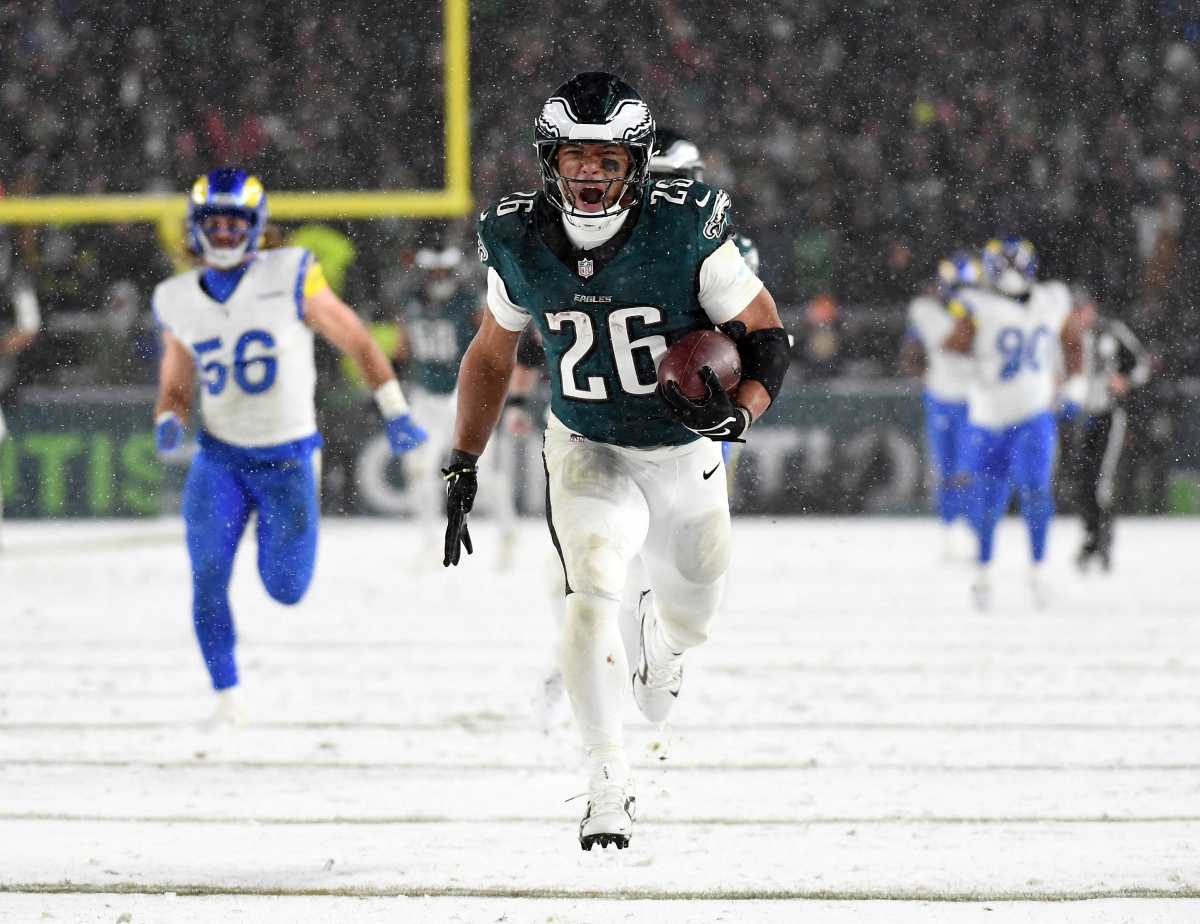Many poorer Americans will struggle to keep a foothold in the banking system due to economic fallout from the coronavirus pandemic after years of increasing access, a U.S. banking regulator said on Monday.
A new report from the Federal Deposit Insurance Corporation (FDIC) found that in 2019 just 5.4% of Americans lacked a checking or savings account, the lowest level recorded by the decade-old survey.
But the watchdog warned that economic havoc wrought by the pandemic could push many struggling Americans, who were already hovering at the fringes, out of the traditional banking system altogether.
“The COVID-19 pandemic is likely to contribute to a rise in the rate of unbanked households,” the FDIC said in its report, noting that banking access usually tracks the broader health of the economy.
The 2019 record low came after years of steady economic gains, and the previous high for unbanked households was in 2011, amid the previous recession. The most frequently cited reason for not having a bank account is insufficient funds to meet account minimums.
The regulator said it could not predict how many people would lose access to bank accounts or be otherwise financially harmed as a result of the pandemic, but flagged some concerning vulnerabilities: In 2019, 35.8% of households reported not saving for unexpected expenses or emergencies. Among unbanked populations, 74% were not able to build up emergency savings.
Complaints to the Consumer Financial Protection Bureau between March and July suggest many Americans are already being pushed to the edge of the financial system by the pandemic.
Between March and April, reports flagging problems such as impaired credit, foreclosure threats and aggressive debt collection tactics, jumped 50% on the year-ago period, according to an analysis by U.S. PIRG and the Frontier Group.
Furthermore, the FDIC found banking activities more commonly relied-upon by rural populations and people with volatile incomes, such as cash transactions and branch visits, had been hindered by lockdowns and vendors limiting the use of bills.
Having a bank account is a critical foothold to building wealth. Those without accounts pay significantly more for basic services, such as cashing checks and making payments – a problem far more likely to affect minority groups. Around 14% and 12% of Black and Hispanic households respectively were unbanked, compared with 3% for whites.
“Millions of Americans – and families of color in particular – remain outside the mainstream banking system and are missing the economic opportunities that come from having a bank account,” said Rob Nichols, CEO of the American Bankers Association, which on Monday launched an initiative to boost the provision of simple low-cost bank accounts.
The 2019 survey found, however, that rapid adoption of new technology is expanding access to financial services. Mobile banking more than doubled as the primary means of accessing a bank account from 2017, and 31% of households reported using a person-to-person payment service like PayPal or Venmo.



